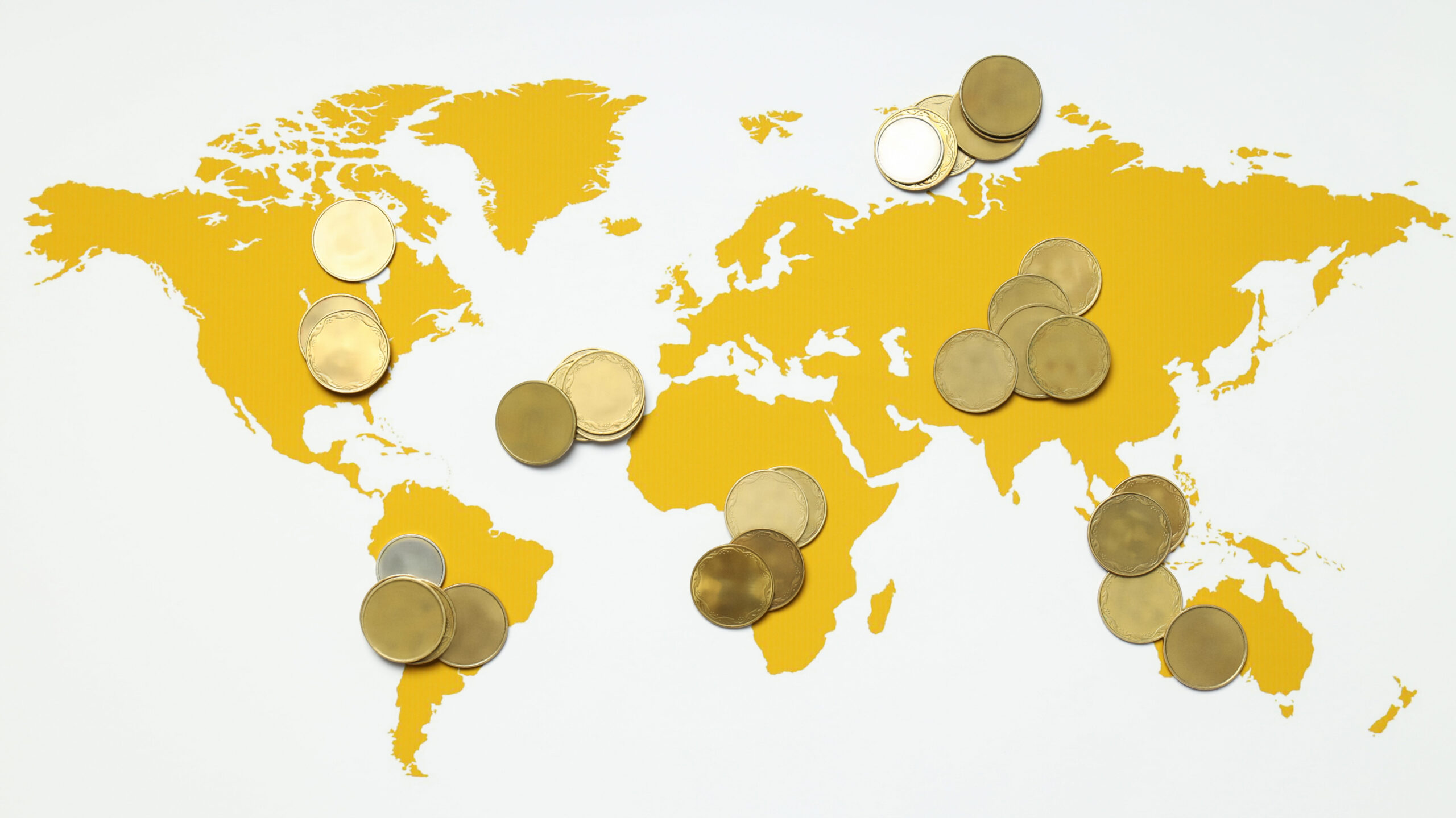By The Frontpage Journal Editorial Board
Sri Lanka’s economic crisis, widely regarded as one of the worst in its post-independence history, has laid bare the structural weaknesses of the country’s fiscal framework. Among the most glaring of these is the persistent shortfall in tax revenue. For decades, Sri Lanka has operated on a model that relies more heavily on borrowing than on revenue generation, creating unsustainable debt levels and limiting the state’s ability to respond to shocks. As the country attempts to rebuild its economy and regain credibility with international partners,
there is no path to recovery that does not involve a substantial and sustained improvement in domestic tax revenue.
Taxation is not merely a fiscal tool; it is a reflection of the social contract between the government and its citizens. It funds public services, redistributes wealth, and supports national development. In Sri Lanka, however, tax-to-GDP ratios have remained alarmingly low for years, hovering between 8 and 10 percent, among the lowest in South Asia. This has undermined public investment, increased dependence on foreign aid and loans, and eroded the government’s ability to deliver essential services during times of crisis.
Rebuilding this foundation starts with reforming the tax policy itself. The system must be equitable, transparent, and economically rational. Past tax regimes have too often catered to political expediency rather than sound economic planning. Frequent changes in tax rates, exemptions, and enforcement practices have created uncertainty for businesses and discouraged compliance. What the country now needs is a stable tax regime built on consistency, fairness, and simplicity. Progressive taxation must be central to this approach, ensuring that high-income earners, profitable corporations, and wealth holders contribute proportionally more, while essential goods and small enterprises are protected.
Equally important is the need to expand the tax base. One of the paradoxes of Sri Lanka’s fiscal crisis is that while many citizens complain about the tax burden, a significant proportion of the economy remains untaxed or under-taxed. The large informal sector, cash-heavy industries, and widespread evasion among professionals contribute to this imbalance.
Formalizing the informal economy through digital payments, simplified registration processes, and targeted outreach will be essential. More importantly, strengthening enforcement by the Inland Revenue Department through data analytics, cross-agency cooperation, and better staff training can enhance compliance without resorting to coercive or punitive measures.

Technology can play a transformative role in modernizing tax collection. Sri Lanka’s shift toward e-filing, digital identification, and real-time reporting must accelerate. Digital tax platforms not only improve convenience for taxpayers but also help detect evasion and track compliance trends. A unified tax data system, linking customs, revenue, business registration, and banking, can create a more accurate picture of economic activity and close loopholes.
Moreover, AI-driven analytics can flag anomalies, forecast trends, and support targeted audits, improving the efficiency and integrity of the tax system.
Beyond collection, how tax revenue is used also determines public willingness to comply.
Transparency in expenditure, public participation in budget processes, and clear reporting on the impact of tax-funded programs can reinforce trust. If taxpayers see tangible improvements in healthcare, education, transportation, and infrastructure, their support for reforms will grow. Conversely, if tax hikes are perceived to fund bloated bureaucracies, mismanagement, or corruption, compliance will fall. Thus, tax reform must be accompanied by visible governance improvements and anti-corruption measures.
It is also time to engage in a deeper national conversation about tax morale. Paying taxes should be seen not just as a legal duty but as a civic responsibility. This requires a cultural shift—one that views taxation as a means to build a stronger, fairer, and more resilient nation. Educational campaigns, public dialogues, and high-profile examples of compliance from political and business leaders can help reset expectations. A tax system that is seen as just and reciprocal, where the government delivers value in return, is more likely to gain broad acceptance.
International cooperation can further support these efforts. Sri Lanka must work with global institutions to strengthen its tax administration, modernize customs and transfer pricing regimes, and curtail illicit financial flows. Multilateral frameworks and treaties on tax information exchange can help track offshore wealth and ensure multinational companies pay their fair share. The country must also build capacity to negotiate fair tax agreements and defend its interests in the global tax arena.

Resolving Sri Lanka’s economic crisis will require painful decisions, but restoring a robust and sustainable tax system is a reform that offers long-term dividends. It reduces dependence on debt, enhances fiscal sovereignty, and enables strategic investment in national development. More importantly, it can restore a sense of fairness and purpose to the economic recovery, demonstrating that all citizens, rich or poor, individual or institution, have a role to play in rebuilding the country.
In the end, taxes are not just about revenue—they are about responsibility. The government must lead with integrity and efficiency. The public must respond with compliance and trust. Only when this delicate balance is restored can Sri Lanka move from crisis to confidence, from instability to inclusive growth. The foundations of a sustainable economy are not built in the halls of lenders abroad, but through the contributions and commitments of its people at home.




